The Red Envelope: Billkin and PP Krit’s Take on a Love Story Beyond the Grave
In a cinematic landscape saturated with remakes, reboots and sequels, you might ...
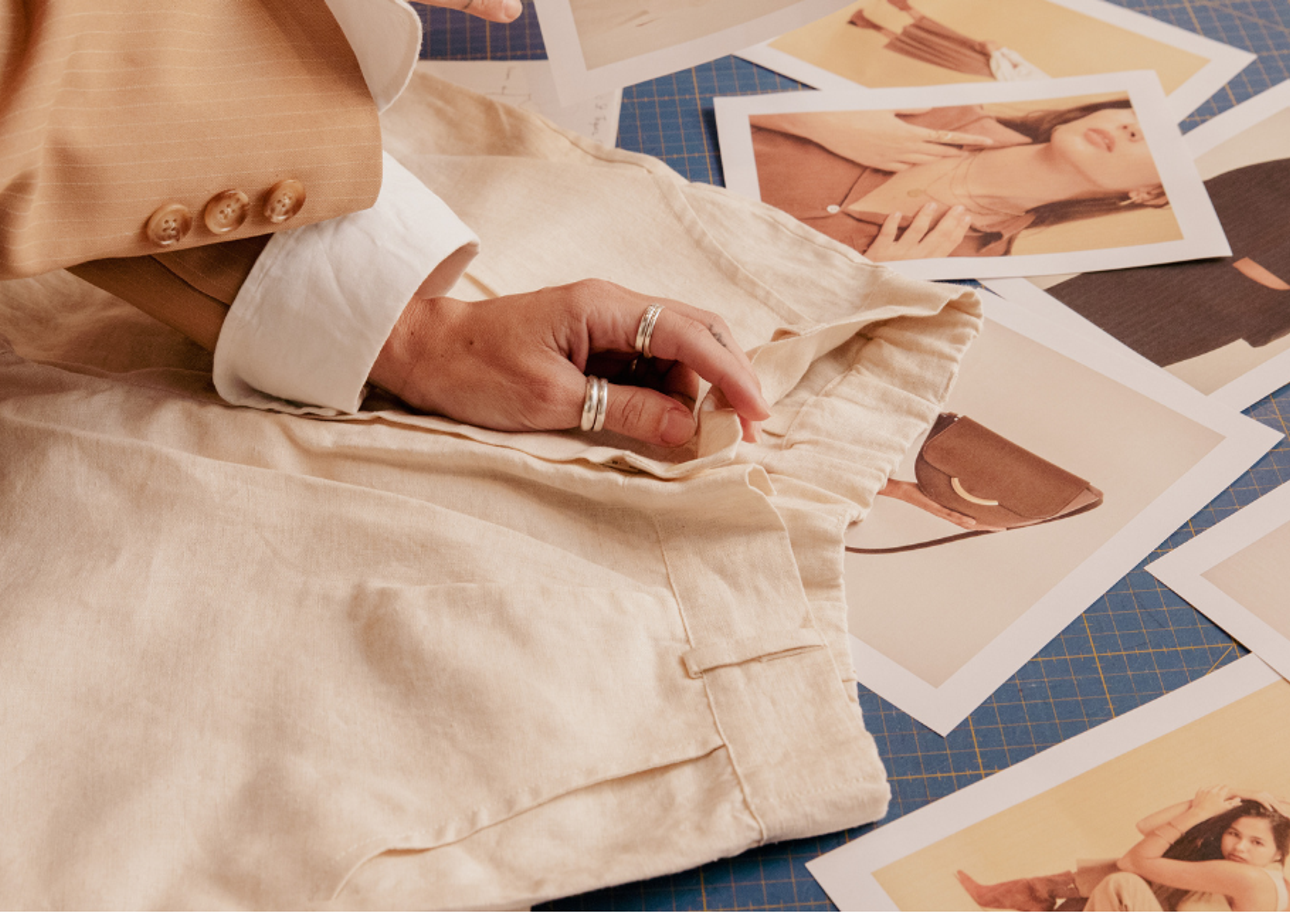

Just like the LVMH Group’s dedication to a global environmental approach, the LVMH Prize for Young Fashion Designers strives to empower its winners in embracing eco-consciousness throughout their design and production processes. And on June 7th, 2023, the Jury proudly bestowed the prestigious LVMH Prize upon Satoshi Kuwata, a remarkable 39-year-old Japanese designer and the visionary behind the genderless brand Setchu. It becomes abundantly clear that the world of fashion possesses the potential to exert influence on the safeguarding of our ecosystems, all while retaining its charm and allure. This can serve as an inspiration for those entering the fashion industry, sparking dreams of making a difference.
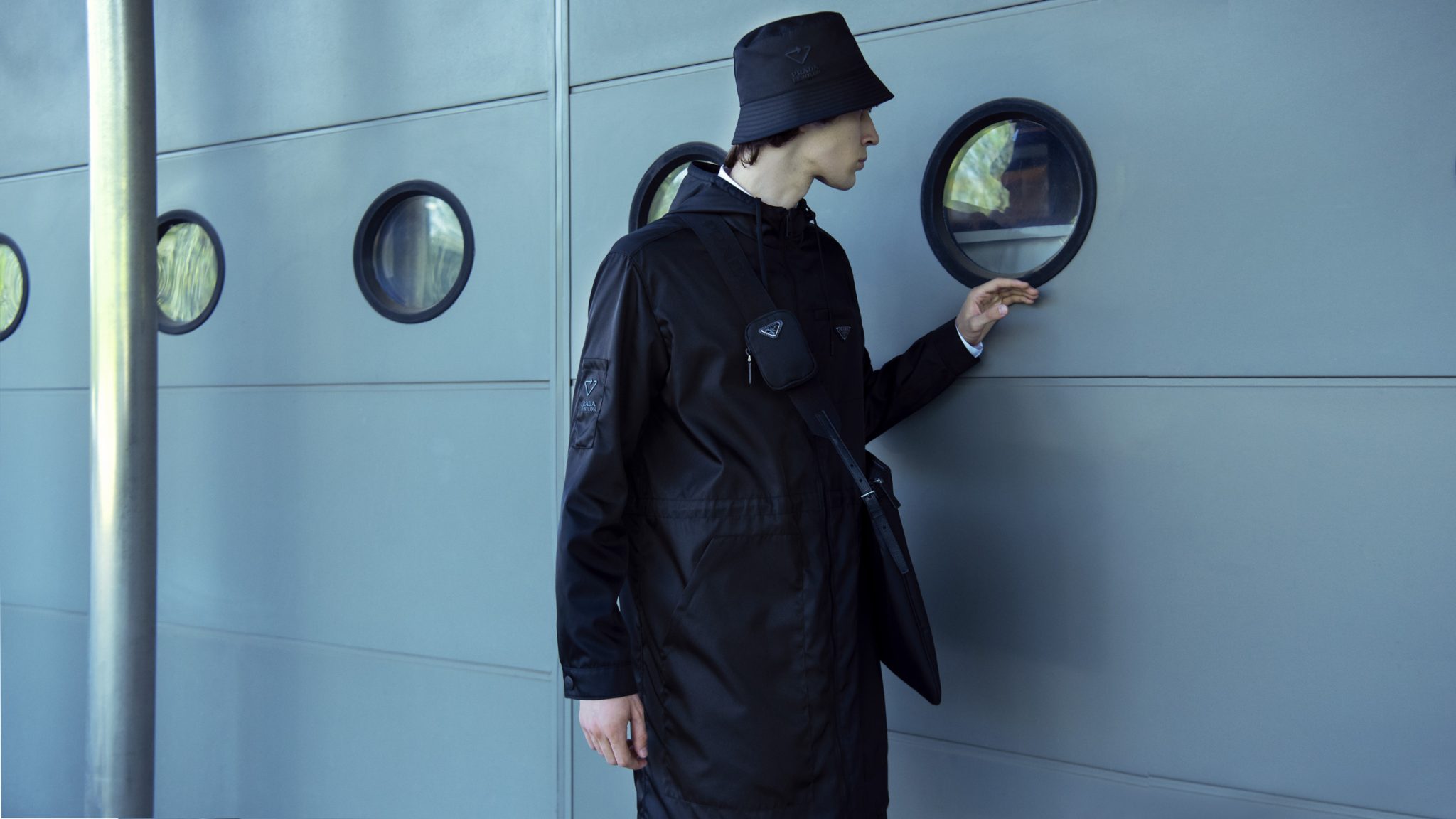
It’s time for fashion to embrace an even greener approach! Luxury brands like Stella McCartney and Gucci have already taken the leap into sustainable materials, utilising organic cotton, recycled polyester, and groundbreaking fabrics derived from pineapple leaves or mushroom mycelium. These materials not only make a fashion statement but also leave a smaller environmental footprint. Another standout is Prada, a luxury brand emphasising sustainability through Prada Re-Nylon. Their crafted bags are made using regenerated nylon sourced from worldwide recycling and purification of plastic waste, ranging from ocean debris and discarded fishing nets to landfills and textile fibre waste.

Brands are raising the bar and taking responsibility for their manufacturing practices. They are reducing water consumption, minimising chemical usage, and implementing proper waste management systems. Luxury brands like Kering and LVMH have joined forces, setting science-based targets for conserving nature and biodiversity.

Bid farewell to the old “out with the old, in with the new” mentality. The fashion industry can champion recycling and circularity by designing products with recyclable materials and inspiring customers to return used garments for recycling or repurposing. They can even introduce innovative circular business models like rental services or clothing swap initiatives to extend the lifespan of their creations. For instance, Eileen Fisher, a brand committed to sustainability, offers customers money for returning clothes, regardless of their condition. Clothes in good condition are resold, while the rest are recycled into pillowcases, acoustic panels, and more.
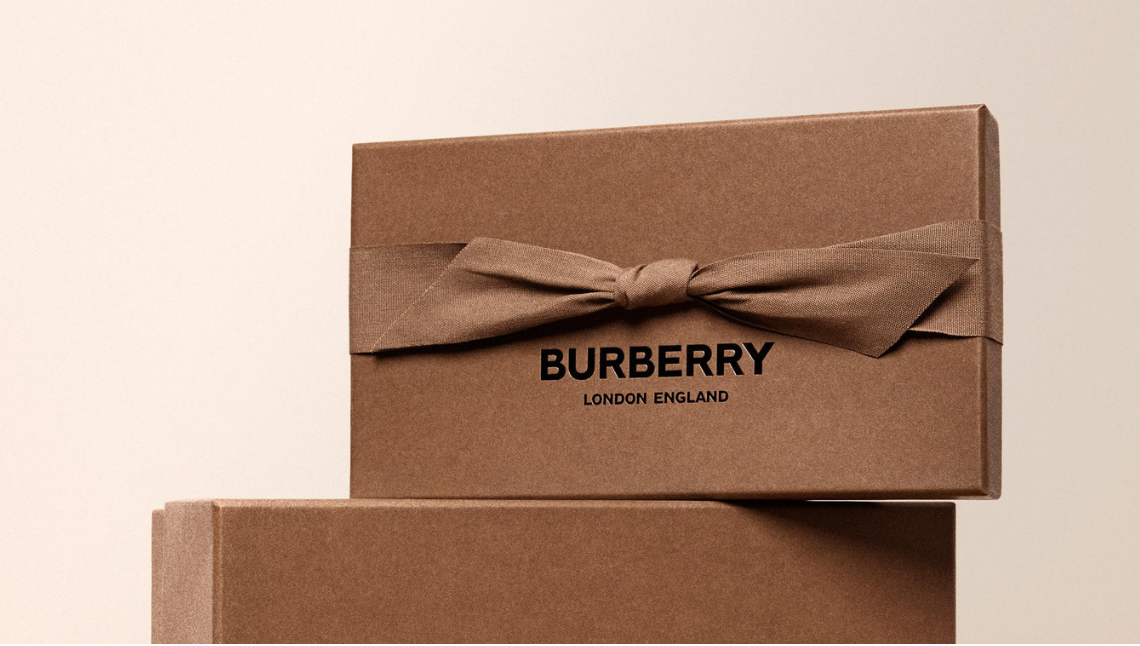
Photo: Courtesy of HOLR Magazine
Fashion is more than just clothes—it’s about the complete package! Companies can minimise packaging waste by utilising eco-friendly materials and optimising packaging sizes. Additionally, reducing single-use plastics in packaging and supply chains will play a crucial role in protecting our oceans and lands from pollution. Take Burberry, for example, who is making strides in eliminating unnecessary plastic packaging by creating paper packaging from recycled coffee cups.
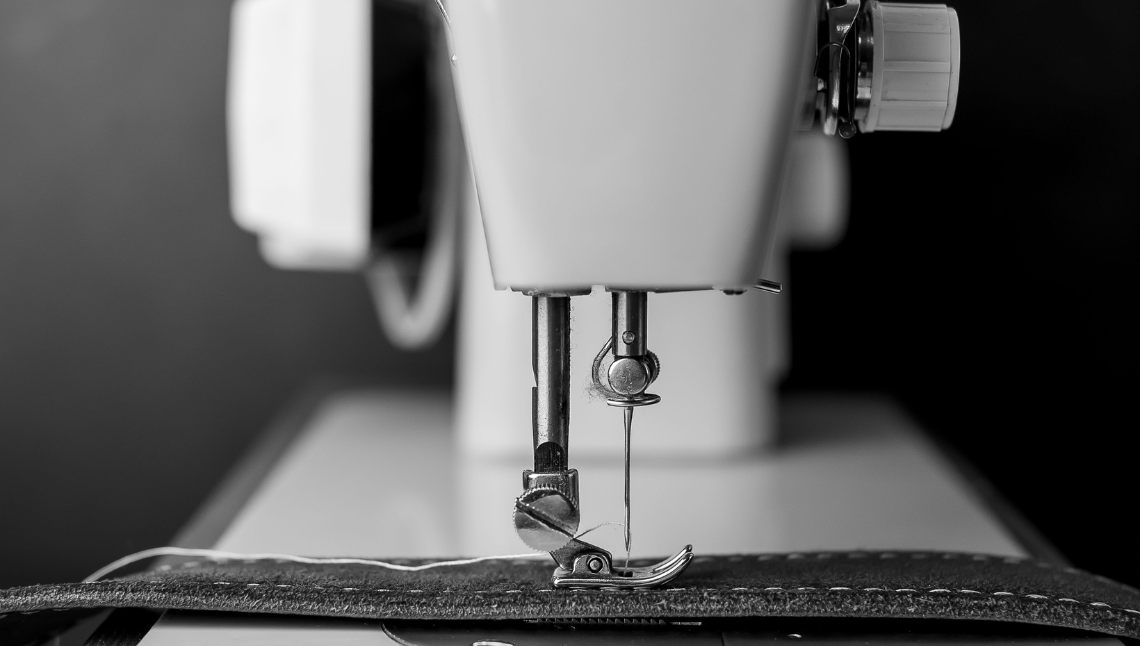
Let’s shed light on the origins of our clothes! Fashion companies should ensure transparency in their sourcing practices, empowering consumers to make informed choices. From tracing the origin of materials to ensuring ethical labour conditions and environmental certifications, transparency is vital in building trust and making a positive impact. Prada, for instance, has launched a 100% recycled gold jewellery collection that is fully traceable. Customers purchasing items from this collection can access the Aura Blockchain Consortium, a platform founded by LVMH, Prada Group, and Cartier, to discover the origin and source of their purchase.
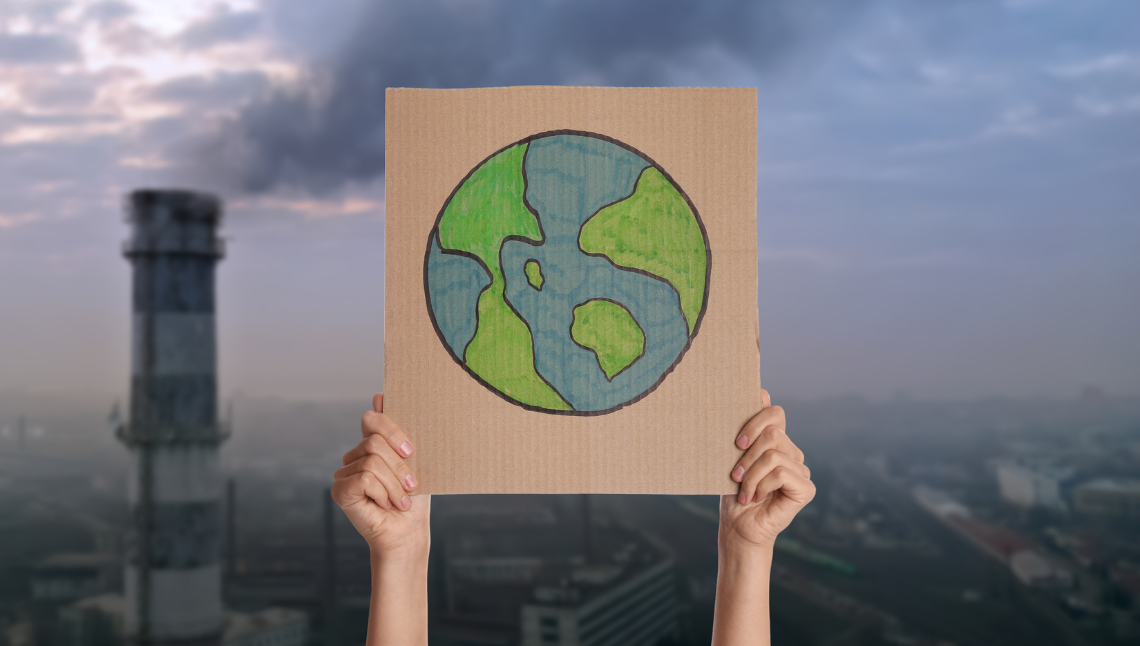
It’s time to spread the word and educate the world about sustainable fashion. The fashion industry can lead the way by launching captivating campaigns and partnering with environmental organisations. Together, we can inspire consumers to make conscious choices and prioritise quality over fast fashion trends. Vivienne Westwood’s AW 17/18 fashion show, Ecotricity, revolved around renewable energy, calling out other luxury brands to transition from fossil fuels to green energy. This campaign, in collaboration with the Mayor of London and the British Fashion Council, not only drives a meaningful transition but also raises awareness about sustainable practices.

Fashion is not a solo act—it’s a collective endeavour! Collaboration among brands, manufacturers, policymakers, and NGOs is essential for driving sustainable change. By fostering innovation in technology and design, we can create a future where fashion and the environment coexist harmoniously.
There you have it! Fashion is not just a pretty face—it possesses the power to be a force for good. If entrepreneurs take part in these steps and consumers prioritise choices that shape our better future, fashion can save the day and safeguard our world’s resources. Let’s dress up in responsible style and create meaningful change!
In a cinematic landscape saturated with remakes, reboots and sequels, you might ...
These top 5 barber shops in Bangkok are where gentlemen can elevate ...
Must-have gadgets for kids in the Y2K are, predictably, making a comeback ...
While traditional TV shows are serving us endless boy-meets-girl tales. Thailand has ...
Stay ahead of the curve with these three must-visit new restaurants in ...
See how Kim Steppé’s early passions, family values and entrepreneurial spirit continue ...
Wee use cookies to deliver your best experience on our website. By using our website, you consent to our cookies in accordance with our cookies policy and privacy policy